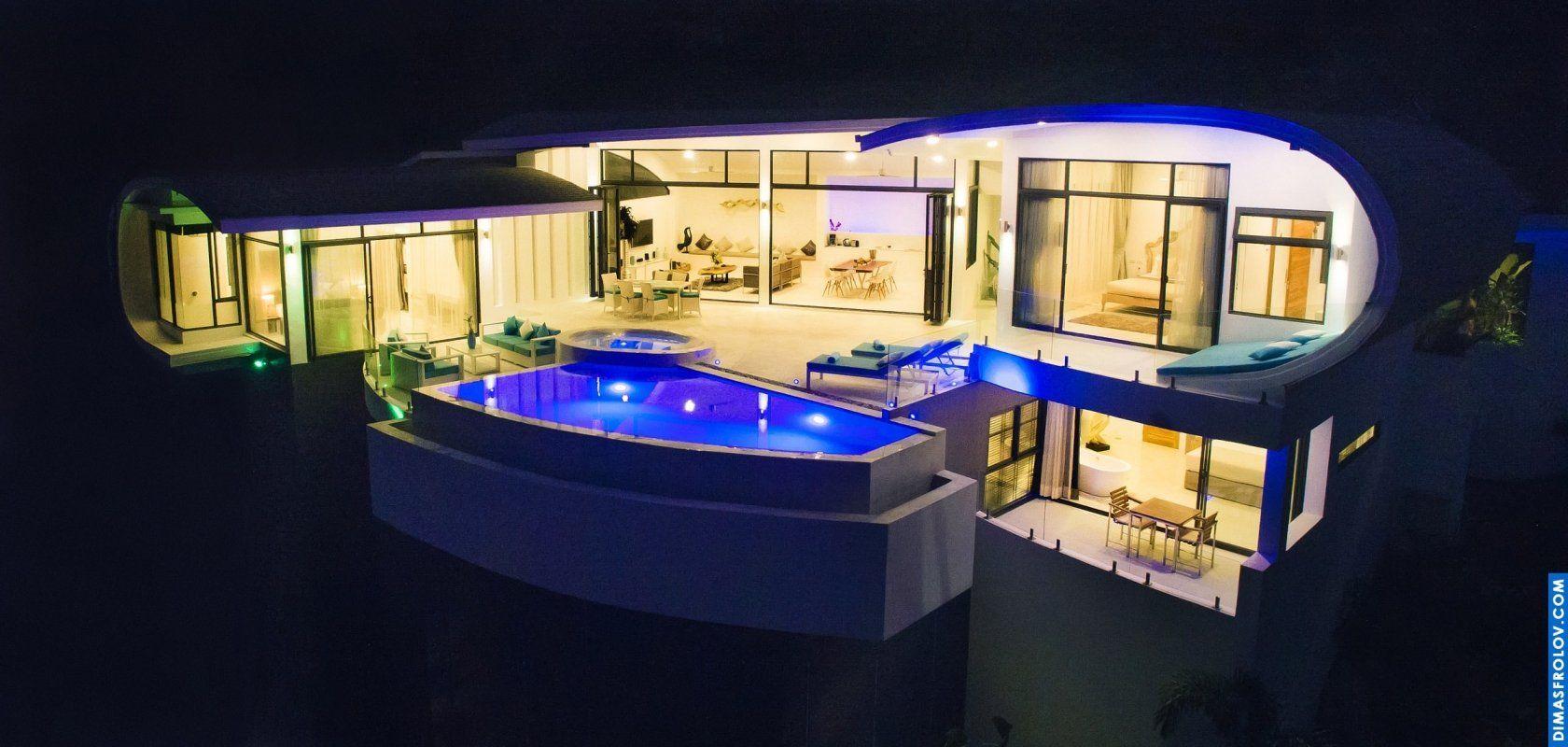A mutual exchange is a mechanism by which social housing tenants in the UK swap their homes. During ethnic conflicts, as in Iraq in 2006, members of ethnic minorities swap homes with friends belonging to different ethnic minorities in different neighborhoods. The aim is that the inhabitants of the minority end up in a neighborhood where their ethnicity is in the majority, thereby reducing violence.
For many travelers, house exchange, also known as house swapping, is an economical, comfortable and fascinating way to go on holiday at home. In a traditional exchange, you and your exchange partner travel simultaneously and live in each other's main residences. You arrange to occupy someone at home at your destination while they occupy yours. But a different kind of exchange has emerged, with people owning more than one home. The possibilities for exchanging homes are endless.
Join The Vacation Exchange Network (Vacation Exchange). For a small fee, you can join a group of more than 1,500 other homeowners who are interested in swapping stays for their holidays or swapping their house for theirs.
The moral of the story is to research your lease and allow someone to discuss your plans with your landlord before the board agrees to an exchange, rather than paying a membership fee to exchange. Once you have done your research and are clear about how to swap your apartment in New York, the next step is to choose the exchange program listed next to where you live.
Also read about: What You Should Know About Basic Tooth Nerve Damage Signs
Keep in mind that property exchanges can be easy or difficult to organize, depending on where your own home is located. Someone who has a popular apartment near the Arc de Triomphe is unlikely to want to swap their house on the outskirts of Columbia, Missouri, even if there is a strange chance that they will be teaching at the University of Missouri in the summer. On the other hand, if you live in a popular destination like Chicago or New York City, you have a lot more variety to offer. This does not mean that you should not try to do an exchange at home if you live in a remote area, but that you should be willing to work a little harder to find a successful exchange.
The Vacation Exchange, the world's largest house swapping website, has been brokering home swaps since 2011 and has more than 75,000 properties in more than 160 countries. It is easy to use: users choose their destination, the country, and the house they want to stay in and make swaps using the website's "swap points system. The site offers a 14-day free trial with annual memberships starting at PS144 for an unlimited number of swaps per year. This can be worthwhile as members save an average of 2,750 PSpro trips. The site has more than 65,000 listings and has reached an impressive one million exchanges.
Membership costs $150 a year, but you can get a second year for free if you don't arrange an exchange within the first 12 months. It is a house swapping service where you contact other members to arrange an exchange. This differs from couch crash websites in that you must have an available home for yourself and the intermediary of your choice must be interested in staying with you.














